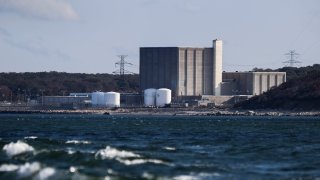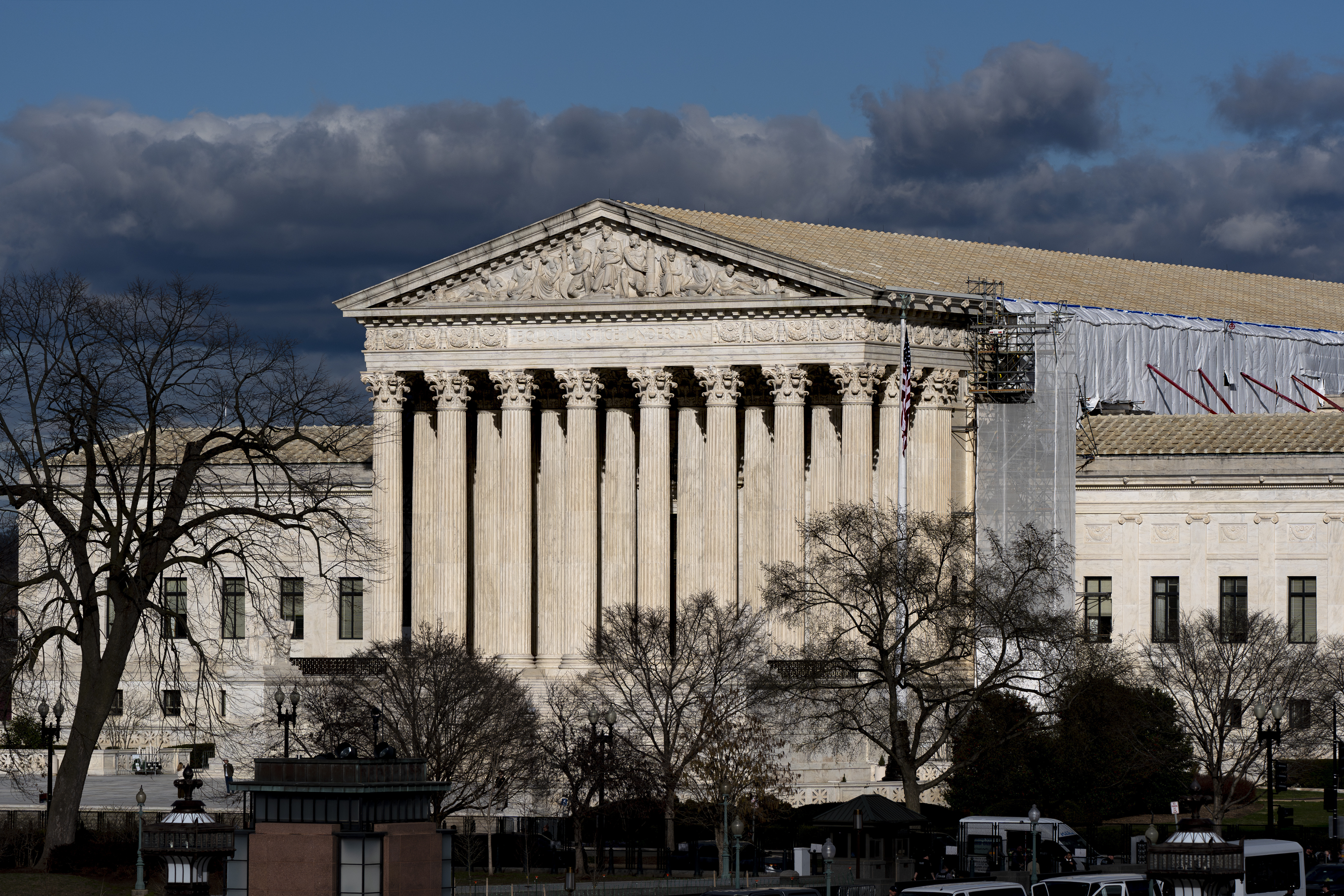
The company dismantling a former nuclear power plant along Cape Cod Bay won’t release radioactive water into the bay unless tests confirm local marine life won’t be harmed, U.S. Sen. Ed Markey’s office said Wednesday.
The Massachusetts Democrat held a hearing in Plymouth, Massachusetts, on Friday about nuclear safety and security issues, where the decommissioning of the Pilgrim Nuclear Power Station by Holtec International was discussed.
Markey said Holtec officials assured him they wouldn’t discharge radioactive water from the plant into the bay without the consent of stakeholders. The company followed up with a letter this week to Markey, which his office released.
The letter, signed by Holtec International’s president, says the company will voluntarily refrain from releasing the water, even if lawfully permitted by federal authorities, until scientific testing confirms the radiological levels are low enough to ensure local marine life remains protected.
Get New England news, weather forecasts and entertainment stories to your inbox. Sign up for NECN newsletters.
Kris Singh writes that he’ll delay the completion of decommissioning program, if need be. But, he added, their data has consistently indicated that the processed water is entirely innocuous to marine life and he believes the third-party expert opinion will corroborate that.
Local residents, shell fishermen and politicians fiercely oppose discharging the water into the bay. Alternatively, Holtec could evaporate the contaminated water or truck it to a facility in another state.
Markey said in response to the commitment from Holtec that “the people have spoken and Holtec International has finally listened.”
U.S. & World
Pilgrim closed in Plymouth in 2019 after nearly half a century providing electricity to the region. Pilgrim was a boiling water reactor. Water constantly circulated through the reactor vessel and nuclear fuel, converting it to steam to spin the turbine. The water was cooled and recirculated, picking up radioactive contamination.
Nuclear plants occasionally need to dispose of water with low levels of radioactivity when they’re operating, so a process to release it in batches into local waterways was developed early in the nuclear industry.



